Education Progress in Northern Nigeria Amidst Insecurity
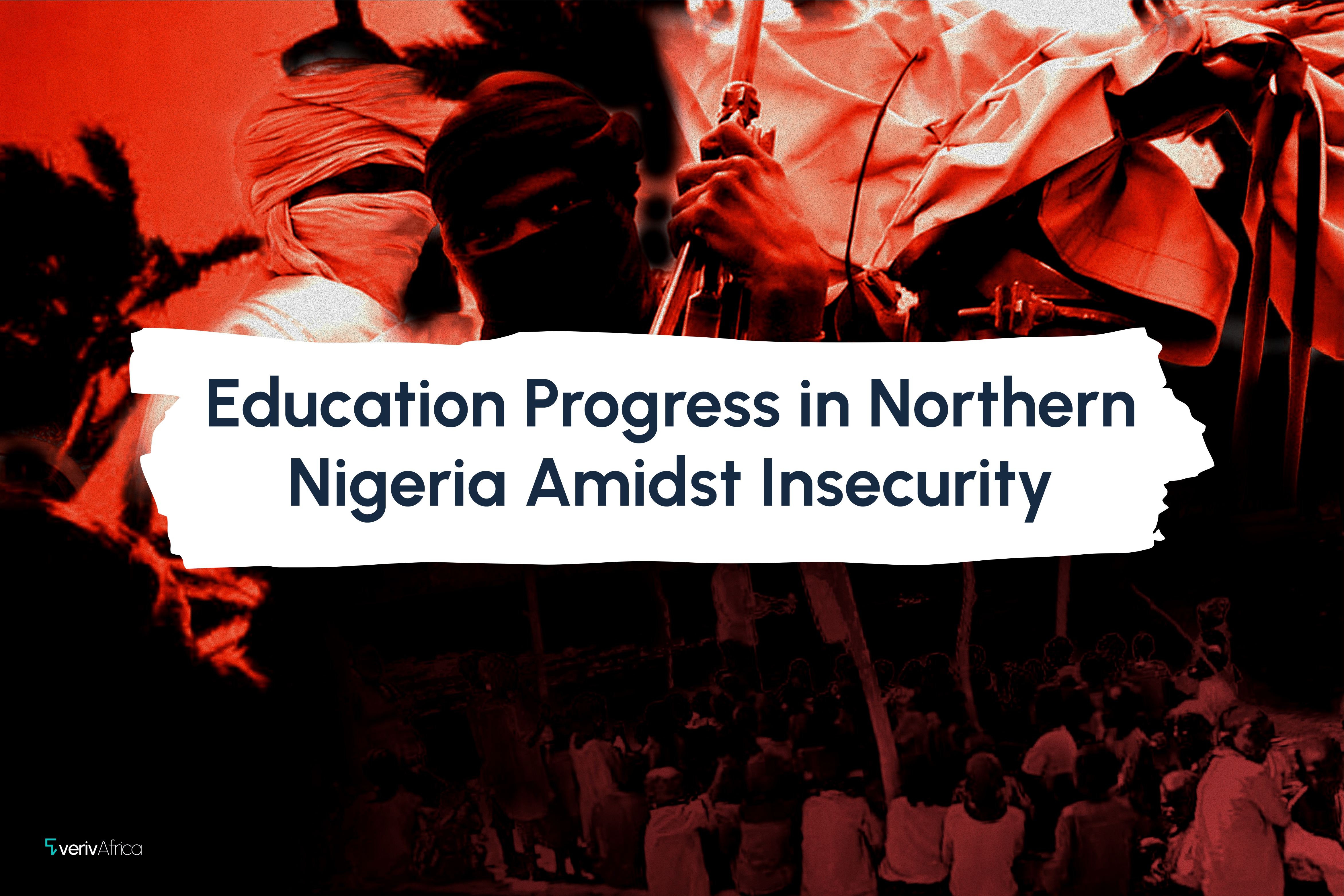
Despite global breakthroughs in the sector, Nigeria’s education continues to lag, marked by poor education quality, high levels of learning poverty, inadequate learning infrastructure, and underqualified teachers. Recent high levels of insecurity have compounded these challenges facing the Nigerian education system, leading to a further decline in enrolment, attendance rates, and learning outcomes, especially in the northern region.
While education in Nigeria is generally poor, the northern case is severe, as it houses 17 out of the 23 Educationally Less Developed States (ELDS) in Nigeria. Also, 52% of males and 61% of females aged 6 and above receive no formal education in this region. Although there are other contributing factors to these educational challenges faced in the area, insecurity stands out. In recent times, insecurity has contributed to the declining education standards in the north, particularly the activities of bandits and Boko Haram insurgents.
Boko Haram, which translates to western education is forbidden, is an Islamic sect whose activities became infamous in 2009. The sect holds the view that the federal and state governments, as well as religious and political elites, are morally corrupt. One of its core objectives is to implement Sharia law across northern states to resolve the ills in the region. In addition, the sect detests Western education and has shown it in its several attacks on schools in the Northeast.
The group targets include police stations, banks, churches, individual Christians, persons engaged in non-Islamic activities, Muslim critics, northern elders, and most significantly, schools in the northern region of Nigeria. Boko Haram’s style of operation includes suicide bombing, targeted killings, village raids, attacks on military formations, burning and looting, and widespread adoption/kidnapping, as evidenced by the abduction of 275 schoolgirls from a boarding school in Chibok, Borno State, in April 2014. On the other hand, banditry, predominantly in the Northwest, follows a similar operation style, especially the repeated mass adoption of schoolchildren in Northwestern states.
Insecurity and its Impact on Education
Insecurity has largely affected education in the north, particularly Boko Haram attacks on education, which have been devastating and unique compared to other jihadist movements globally. In Borno, primary and secondary students abandoned their education, influenced by the message, “Islam does not support Western education,” preached by Boko Haram founder Mohammad Yusuf. This increased drop-out numbers, with most students dropping out to be recruited as members of Boko Haram.
Since 2009, the activities of this group have led to the displacement of about 2 million people in Borno, Yobe, and Adamawa states, contributing significantly to the 10.5 million out-of-school children in Nigeria. Between 2009 and 2015, about 611 teachers were killed, and 19,000 more were forced to flee the region for fear of being killed. Also, over 910 schools were destroyed, and 1500 forcefully closed down in that period, creating a drag on education and eroding teachers' and learners' confidence in the region. Figures 1 and 2 show a breakdown of general attacks on schools in Africa in 2022 and 2023.
From Figure 1 above, it is evident that violent attacks on schools in Africa rose by 20%, from 341 in 2022 to 411 in 2023. This increasing attack on schools is alarming as it poses a huge threat to education generally in Africa.
Figure 2 above shows violence against schools by country. From the pictorial evidence, Nigeria ranks the highest in school attacks, recording 89 attacks in 2023. A significant percentage of these attacks can be attributed to banditry and Boko Haram insurgents. Sudan only came close to this number, with 55 attacks recorded in the same year.
Progress in the Face of Insecurity
The instability in northern Nigeria since 2009, coupled with repeated attacks on schools, students, and teachers, has hindered education development in the region. While the federal government, in collaboration with international organisations, has initiated several efforts to drive education progress, actual progress remains questionable. Persistent challenges such as widespread learning poverty, learning losses, dilapidated infrastructure, brain drain, early marriage, and the presence of numerous internal and external displaced persons (IDP) camps continue to question educational advancement in these regions. With this, the question of how much visible progress has been achieved over time still needs to be answered.
Given the factors mentioned earlier, educational advancement in the northern region remains slow. However, some progress has been made, especially in the reconstruction and rehabilitation of infrastructure, reorientation of people in the region, development of alternative teaching and learning techniques, and training and retraining of teachers and volunteers to better handle issues related to education amidst insecurity.
Reconstruction and Rehabilitation of Schools: Schools in their numbers have been destroyed in the cause of combating insecurity in the northern region. In collaboration with international organisations such as UNICEF and USAID, the federal government has supported rebuilding and rehabilitating destroyed schools. The partnership has restored hundreds of classrooms and other educational resources in areas most affected by insecurity, such as Adamawa, Yobe and Borno states. This effort marks significant progress for education in this region as it sets the stage for students to return to school and continue learning gradually.
Community Involvement and Advocacy: Community leaders, parents, and youths have been re-orientated against the popular message of “Islam not supporting Western education,” initially preached by the Boko Haram founder, Mohammad Yusuf. This has been substantial in increasing the advocacy for young people to go back to school and discouraging them from joining the dangerous terrorist group. It recorded significant progress for the education sector in out-of-school child numbers.
Alternative Education Programs: The government has also introduced alternative educational programmes in areas where insecurity has disrupted conventional schooling. These programmes include radio education, mobile classrooms, and IDP camps learning centres. These initiatives mark significant progress in education in the northern region as they contribute to hindering learning losses.
Teachers’ Training and Support: Teachers and volunteers have been trained and equipped with the necessary skills to educate children in conflict-affected areas. The training has also improved the quality of education and ensured better handling of security-related issues in learning environments in the region. The progress from the above efforts is evident in the enrolment numbers in public primary and junior secondary schools in northern states, presented in the figure below:
The figure shows that public primary and junior secondary school enrolment increased between 2019 and 2022. This increase validates the progress achieved in education as a result of the federal government's effort mentioned above.
Although these achievements may not have fully addressed the broader challenges posed by insecurity to education in northern Nigeria, they represent a meaningful step forward in addressing educational crises and advancement in the region.
Reference
Britannica. (2024). Boko Haram, the Nigerian Islamic group. https://www.britannica.com/topic/Islamic-State-in-Iraq-and-the-Levant/ISIL-outside-of-Iraq-and-Syria
Save the Children. (2024). Education in Africa. https://www.savethechildren.net/news/education-africa-violent-attacks-against-schools-rose-20-2023#:~:text=The%20data%20from%20ACLED%20suggests,compared%20to%20341%20in%202022
School Pursuit. (2024). ELDS in Nigeria, educationally less developed states. https://www.schoolpursuit.com/elds-in-nigeria/
Security, Strategy and Order. (2020). From western education is forbidden to the world’s deadliest terrorist group. https://www.brookings.edu/wp-content/uploads/2020/04/FP_20200507_nigeria_boko_haram_afzal.pdf
U.S. Department of State. (2020). Country reports on terrorism 2020: Nigeria. https://www.state.gov/reports/country-reports-on-terrorism-2020/nigeria/
United States Commission on International Religious Freedom. (2014). Did you know...Boko Haram in Nigeria. https://www.uscirf.gov/publications/did-you-knowboko-haram-nigeria
Similar Insights
View All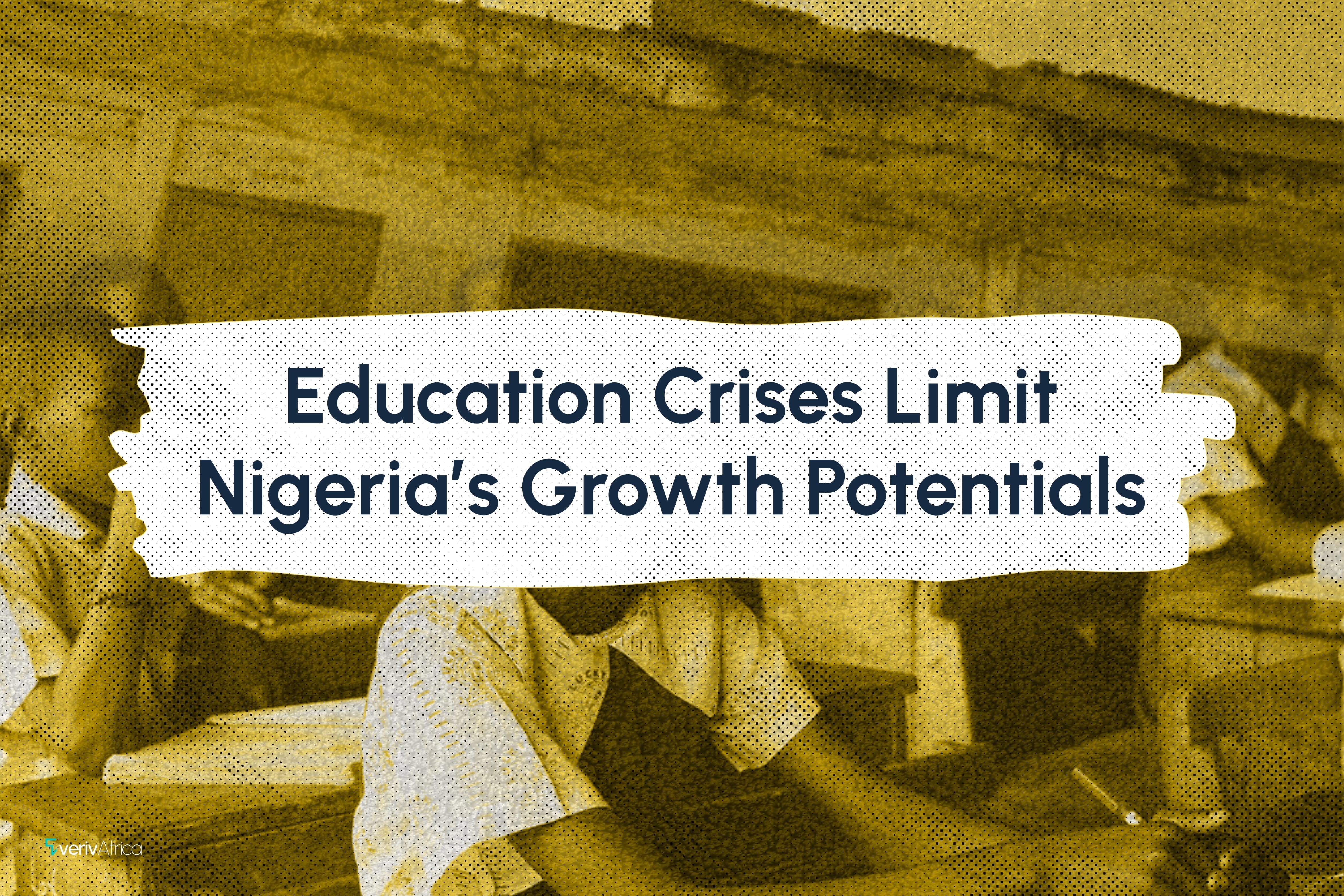
Education Crises Limit Nigeria’s Growth Potentials
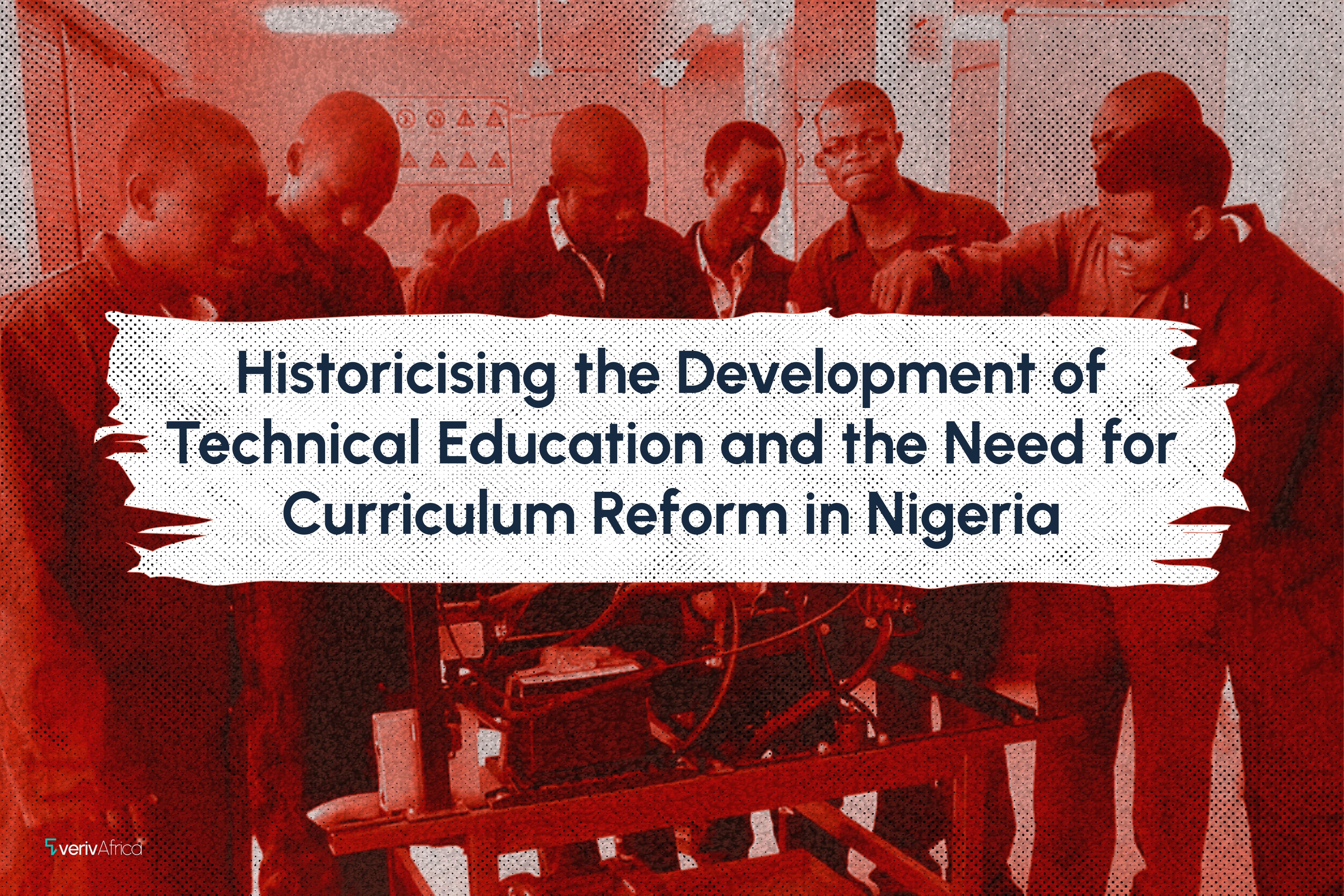
Historicising the Development of Technical Education and the Need for Curriculum Reform in Nigeria

Student Loan Policy: A Socio-Economic Overview

Harnessing Edtech for Innovation and Transformation in Nigeria
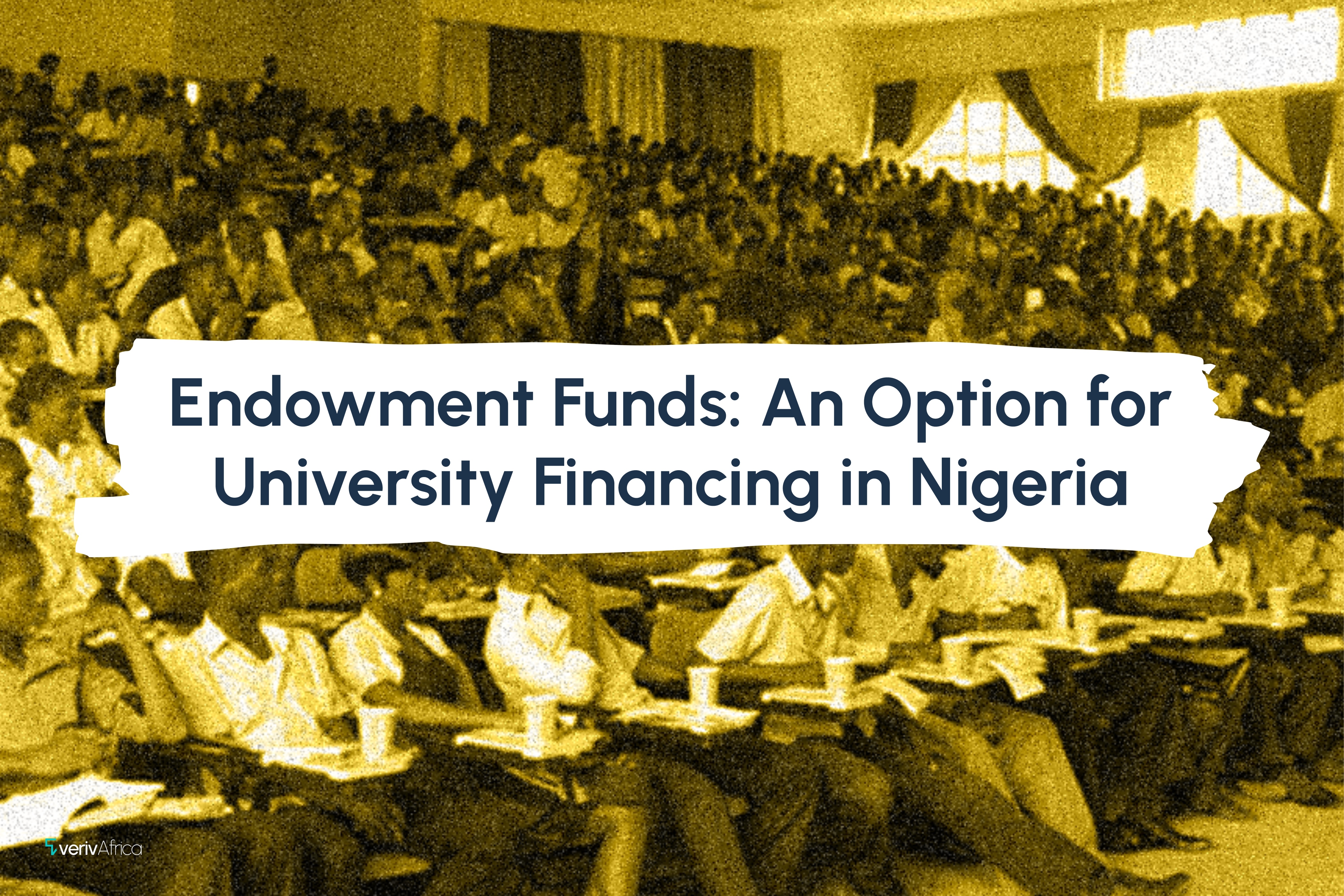
Endowment Funds: An Option for University Financing in Nigeria
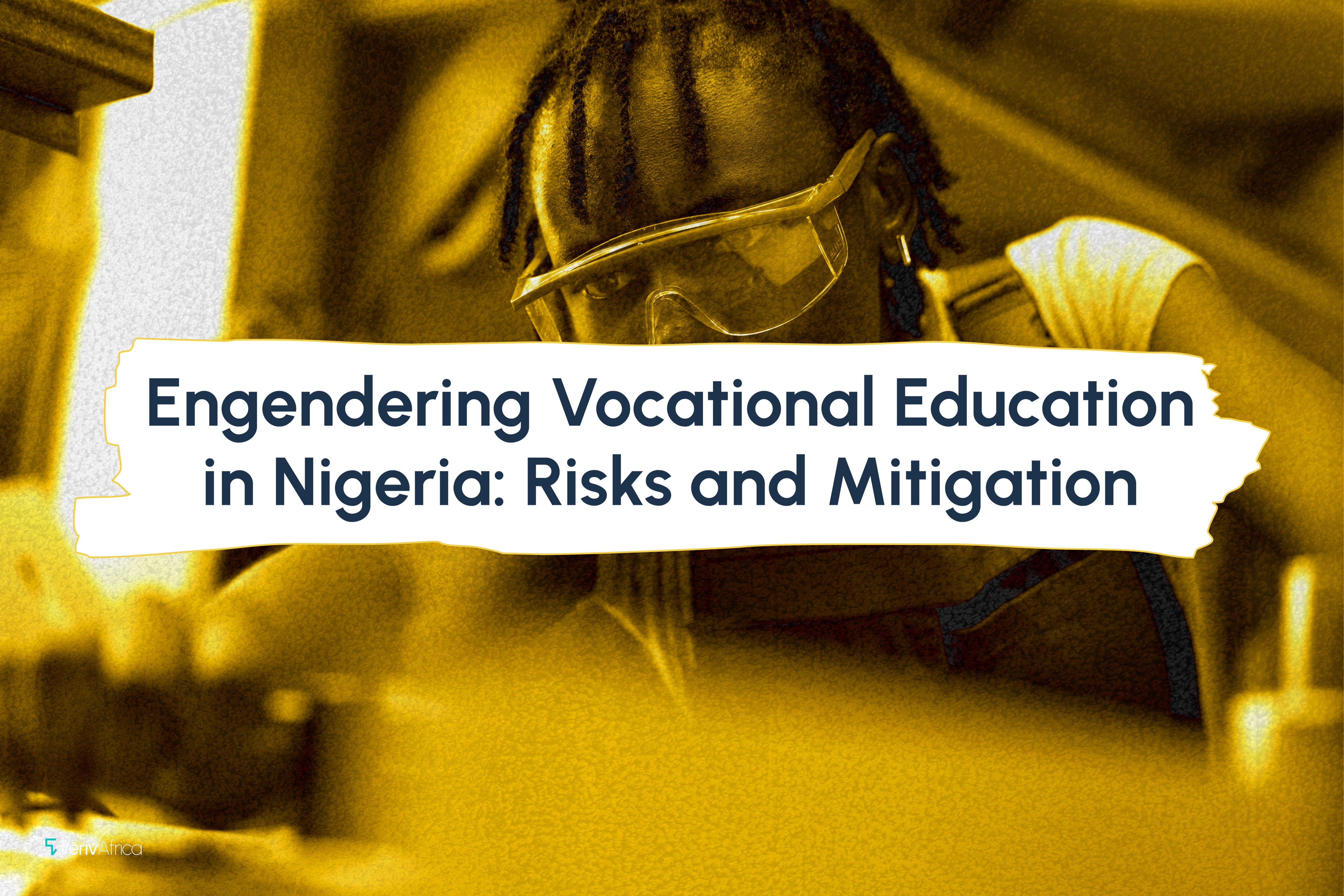
Engendering Vocational Education in Nigeria: Risks and Mitigation
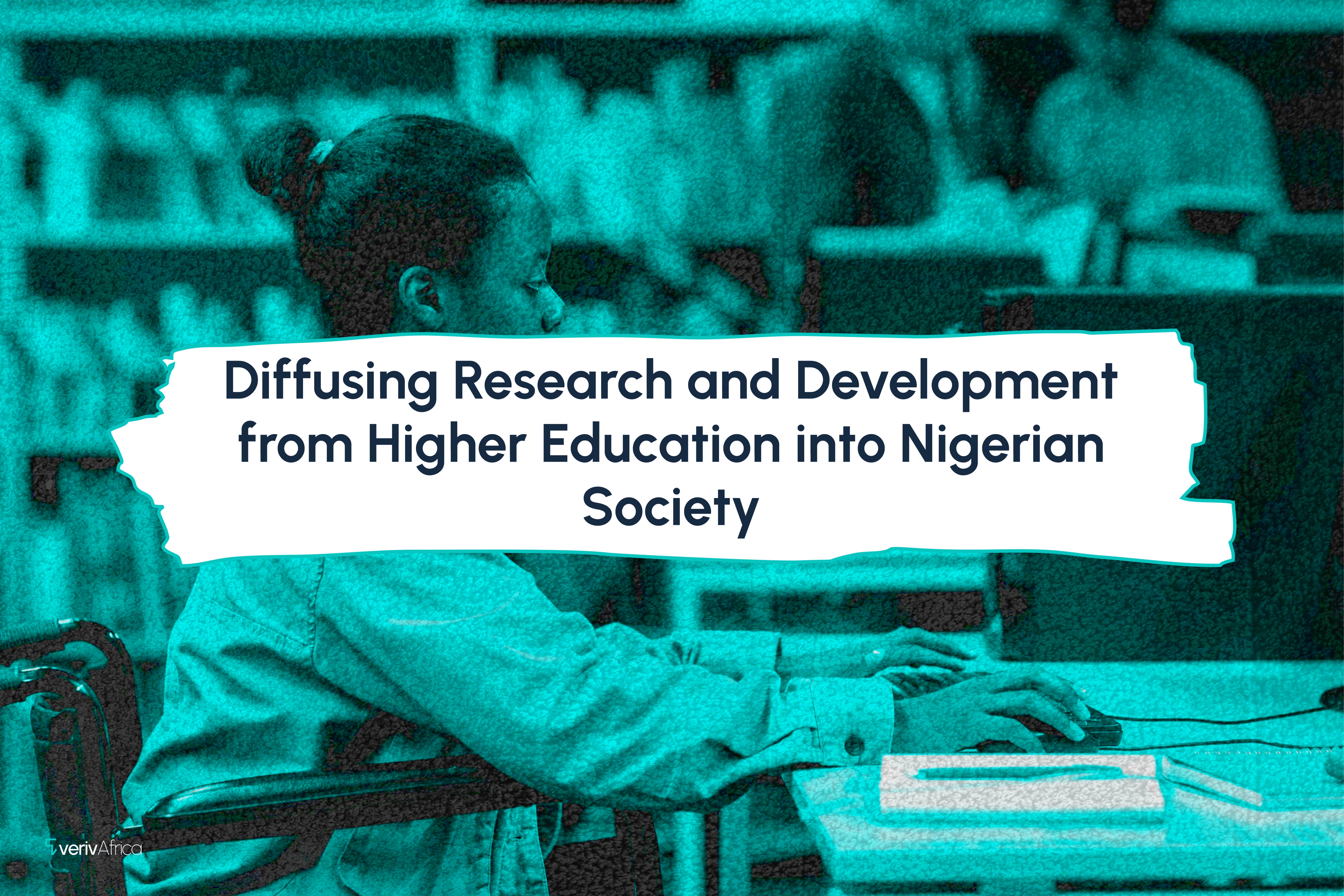
Diffusing Research and Development from Higher Education into Nigerian Society
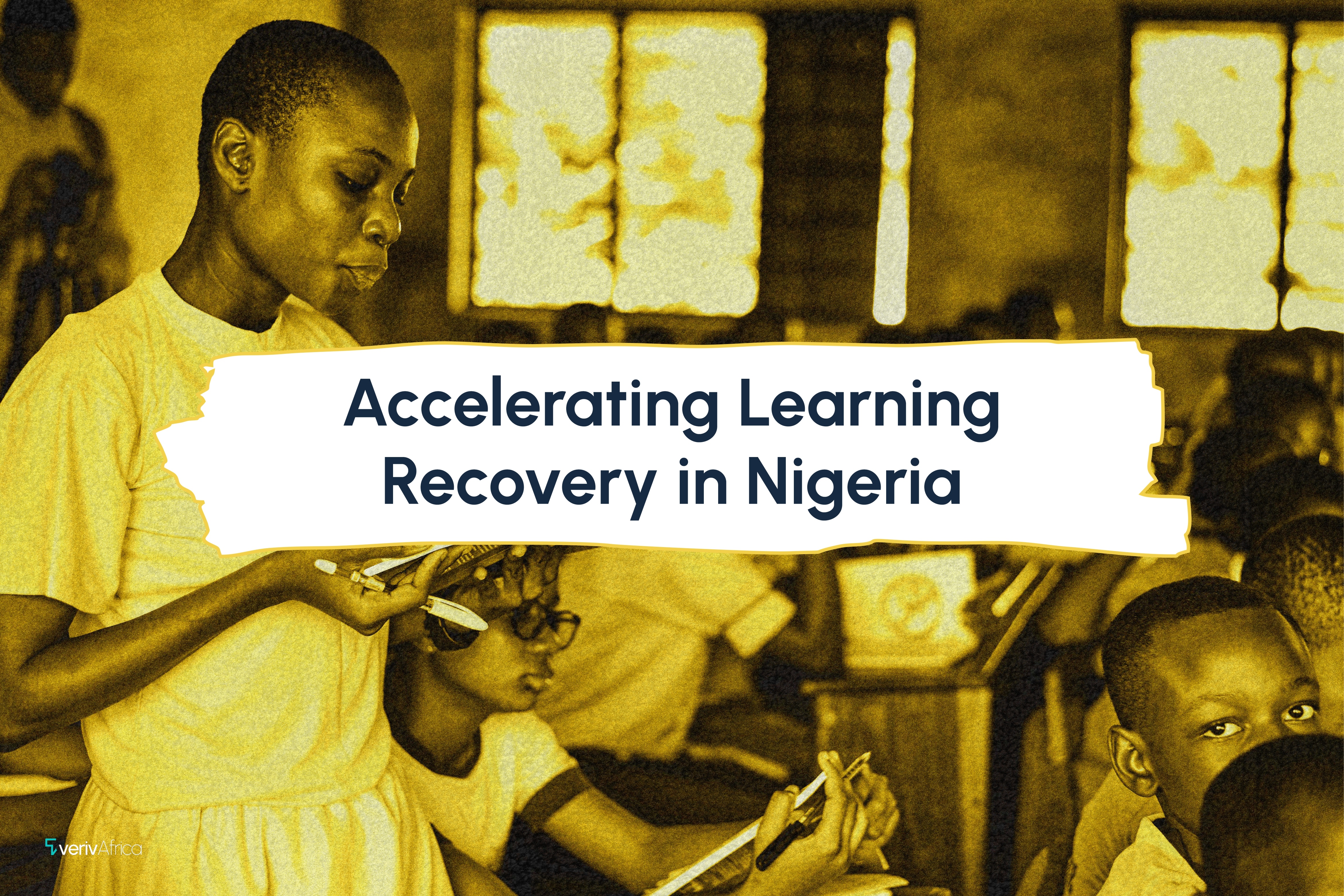
Accelerating Learning Recovery in Nigeria
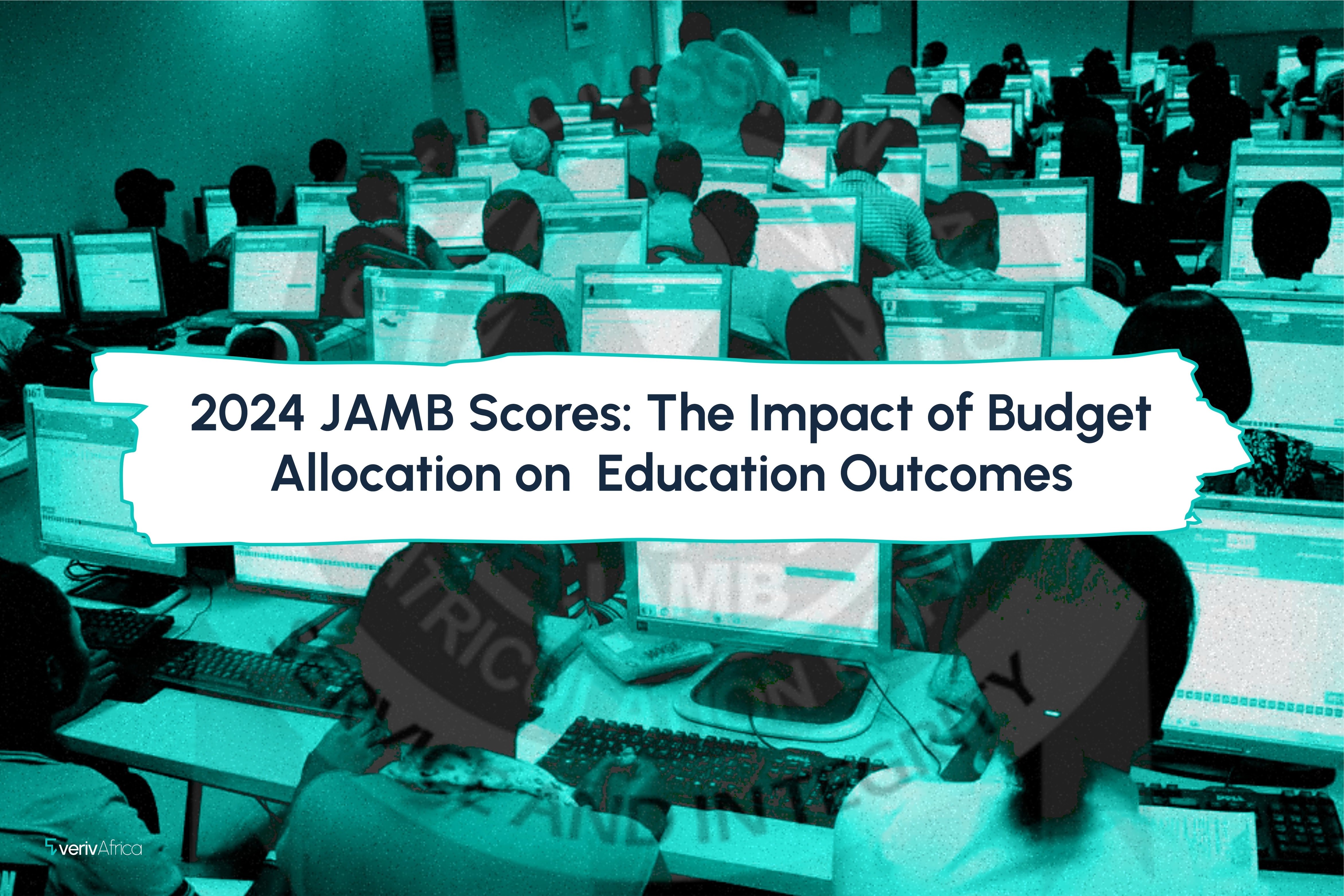
2024 JAMB Scores: The Impact of Budget Allocation on Education Outcomes
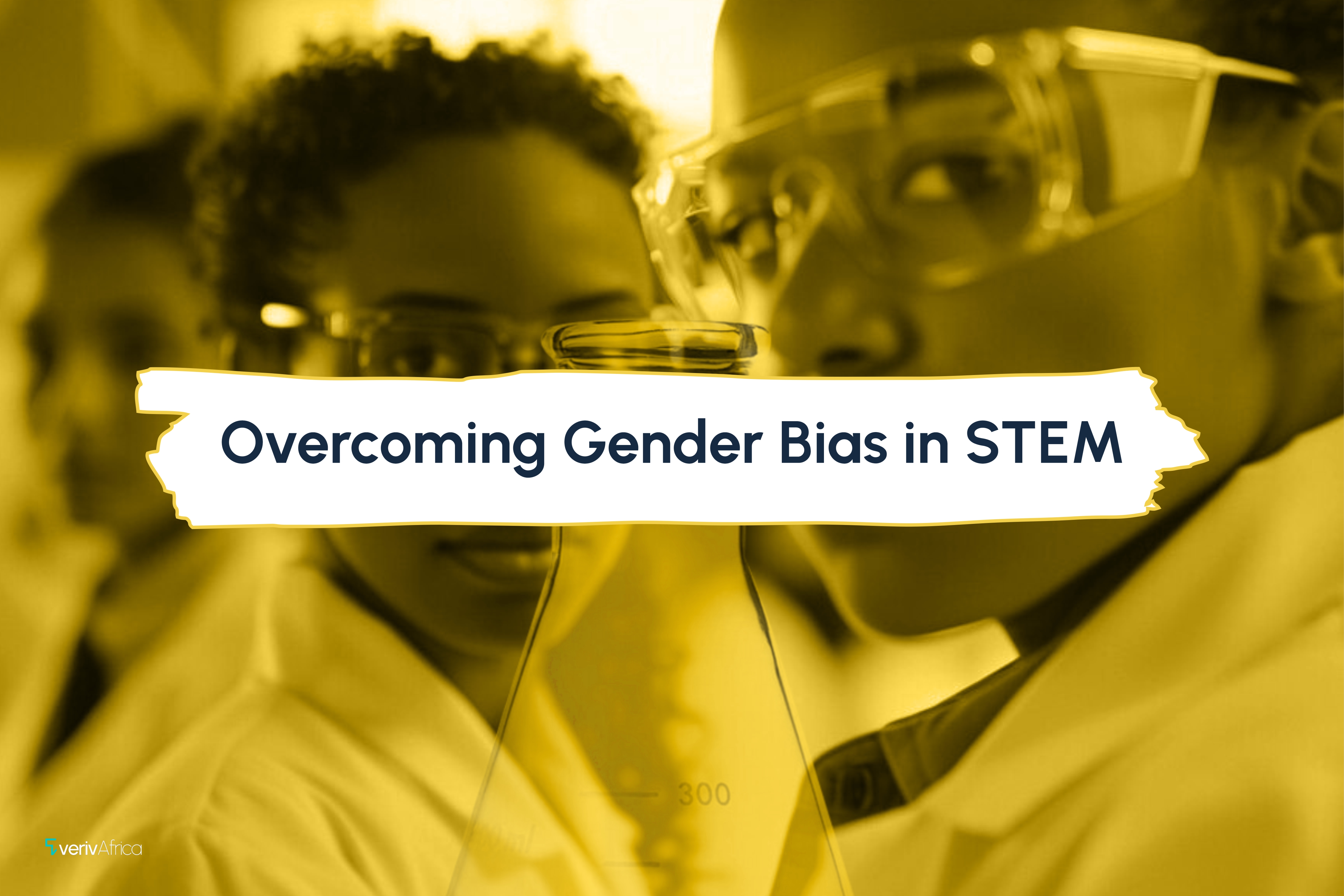
Overcoming Gender Bias in STEM
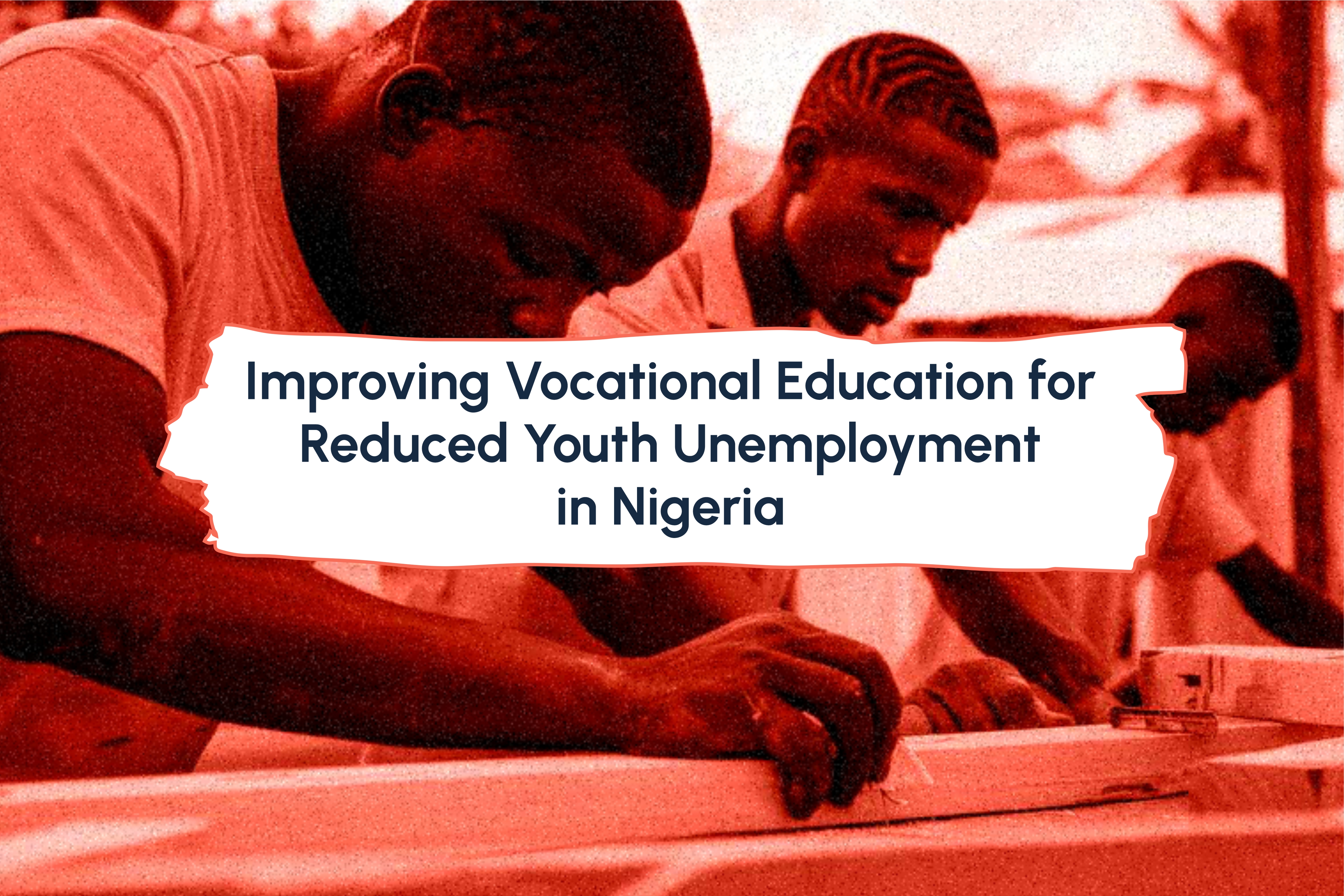
Improving Vocational Education for Reduced Youth Unemployment in Nigeria
Don't miss out!
Our subscribers receive firsthand updates on our recent content. We hope you become one, too.
It's free, so why not?

